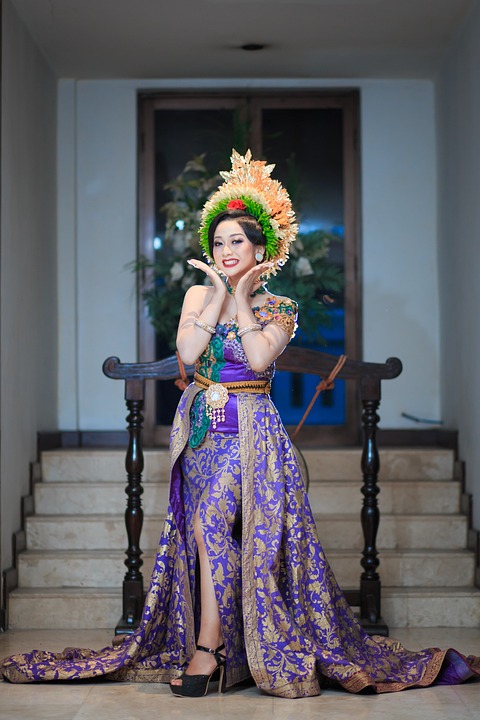Bali, often referred to as the Island of the Gods, is not just a tropical paradise of stunning landscapes and world-renowned beaches; it is also a vibrant tapestry of culture, tradition, and heritage. For those who seek to delve deeper into the heart of Bali, an exploration of its cultural treasures through local experiences can create an enriching journey that transcends mere sightseeing.
At the core of Bali’s cultural identity is its intricate relationship with spirituality. The island is dotted with an array of temples, each more breathtaking than the last. One must visit Uluwatu Temple, a clifftop sanctuary that showcases breathtaking ocean views while providing insight into Balinese spirituality. During sunset, the temple becomes a spectacle of colors and shadows, framing the horizon with its majestic silhouette and the mesmerizing Kecak dance performance that brings the folklore to life. Engaging with these ancient practices offers visitors a firsthand experience of the island’s spiritual foundation.
Beyond temples, Bali is home to a plethora of local traditions that offer a glimpse into its rich heritage. Taking part in a traditional Balinese cooking class can be an extraordinary way to experience the island’s culture through its culinary delights. Participants gain insights into the unique ingredients used in Balinese cuisine, such as lemongrass, turmeric, and coconut, while learning the significance of each dish in local ceremonies and daily life. This not only nourishes the body but also enriches the soul, as culinary experiences often transcend generations, linking visitors with the local community’s rich traditions.
Furthermore, the art of traditional dance holds a significant place in Balinese culture. Visitors can immerse themselves in local experiences by watching and participating in traditional dance performances held in various locales throughout the island. The Legong and Barong dances, steeped in mythology and vibrant artistry, captivate audiences with their elaborate costumes and rhythmic movements. Learning about the stories behind these dances and perhaps even joining in the festivities through a workshop can create lasting memories and profound connections with the local culture.
Art and craftsmanship are integral to Bali’s cultural treasures, as seen in the artwork and traditional handicrafts found throughout the island. Exploring Ubud, known as the cultural heart of Bali, is a must for those interested in local artisans. Galleries and workshops showcasing wood carving, batik, and silver jewelry provide opportunities to witness talented artists at work. Participating in hands-on workshops allows visitors to not only learn traditional techniques but also appreciate the deep cultural significance embodied in each creation.
Another essential aspect of Bali’s heritage is its festivals, which are deeply rooted in cultural and religious significance. For instance, the Galungan festival, celebrated every 210 days, commemorates the victory of dharma (good) over adharma (evil). Witnessing a Galungan celebration can provide a unique perspective on Balinese beliefs and the community’s connection to their heritage. Visitors are often welcomed to engage in the festivities, which include stunning decorations, traditional ceremonies, and communal feasting. These collective experiences foster a sense of belonging and connection, drawing visitors into the heart of Balinese life.
To fully appreciate Bali’s cultural treasures, it is essential to engage with the local communities respectfully. Many villages offer homestay opportunities where visitors can experience authentic Balinese hospitality. Staying with a local family allows for in-depth interactions, providing insights into daily life, customs, and shared traditions. It is an opportunity to partake in rituals such as the morning offerings and evening prayers, fostering a deeper understanding of the Balinese worldview.
In conclusion, Bali is an island rich in cultural heritage and traditional practices. From its spiritual sites and culinary traditions to its vibrant dance performances and artistic endeavors, each aspect offers a unique lens through which to view and appreciate the island’s heritage. Engaging with local communities through immersive experiences not only enriches the visitor’s journey but also contributes to the preservation of these cultural treasures. As travelers seek out authentic encounters, they discover that Bali’s history and traditions are not merely remnants of the past but living narratives continuously woven into the fabric of daily life on this enchanting island.
